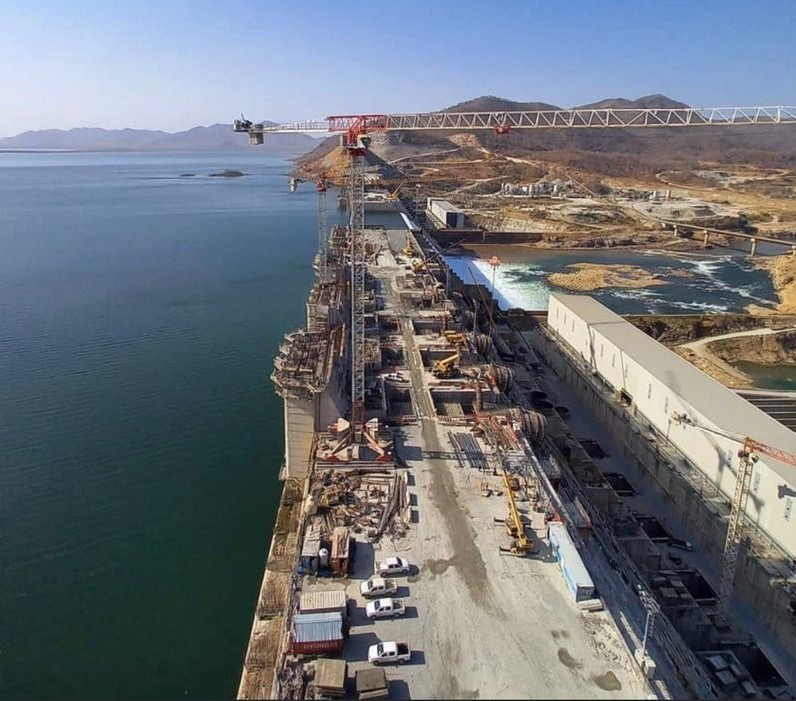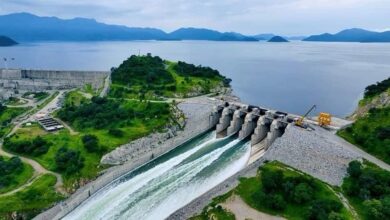
Sudanese Foreign Minister Mariam al-Sadiq met with Senegalese President Macky Sall in Senegal’s capital of Dakar to discuss the current situation of the Grand Ethiopian Renaissance Dam (GERD) issue and Sudan’s position on it.
Sadiq affirmed Sudan’s desire for African solutions to African issues, emphasizing her country’s eagerness for the Senegalese president use his influence in the region to help reach a peaceful solution with the coming second filling of the dam.
She added that Sudan has the political desire to reach a binding legal agreement on filling and operating GERD, in a manner that fulfills the interests of all three parties and preserves their rights under the leadership of the African Union and the agreement’s international guarantor partners.
The Senegalese president affirmed that his country has good experience in managing transnational rivers and that he believes in mutual benefits and cooperation between countries, and not a water monopoly.
Senegal’s experience of more than 40 years in establishing the Senegal River Basin Development Organization (OMVS) represents a successful experience of cooperative partnership that is based on joint investment projects and serves as a model for resolving the issue of the GERD, he explained.
Sall added that he would raise this matter at the meeting of the African Union bureau, and he would communicate with the President of the African Union to reach a solution satisfactory for all parties.
Egyptian President Abdel Fattah al-Sisi warned against imposing a de facto situation in GERD crisis.
With the second filling of the dam set to begin in July, President Sisi has been garnering support against Ethiopia from African and other countries.
Sisi further rejected unilateral measures that do not take into account the interests and rights of the two downstream countries, Sudan and Egypt.
Egypt and Sudan say they want a legally binding agreement on filling and operating the GERD, while Ethiopia is trying to evade a binding agreement.
The construction of the dam, which began in 2011, is considered to be one of Egypt’s most serious water issues.
Egypt, which relies considerably on freshwater from the Nile, has voiced fears that the GERD would negatively impact the country’s water supply, and has insisted that measures be put in place to protect downstream countries in case of drought during the dam’s filling process.
Ethiopia, on the other hand, has stressed the importance of the project to bolster its economy, where more than half of the population currently lives without access to electricity.



